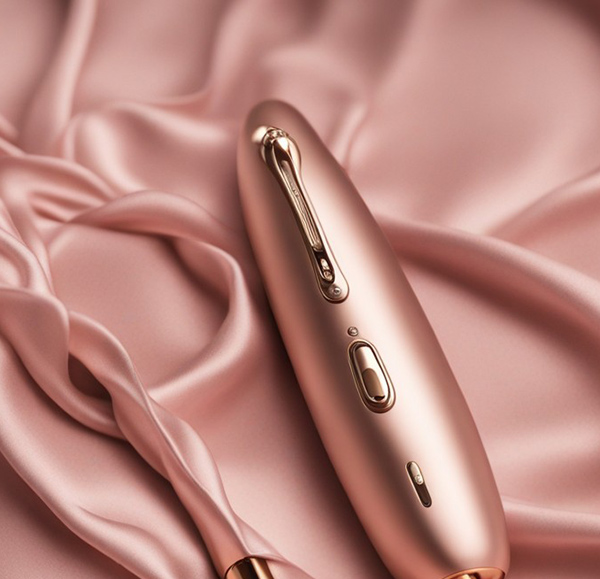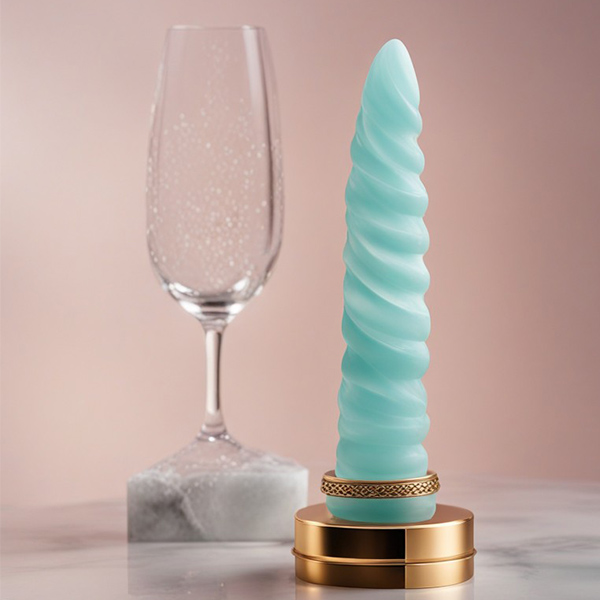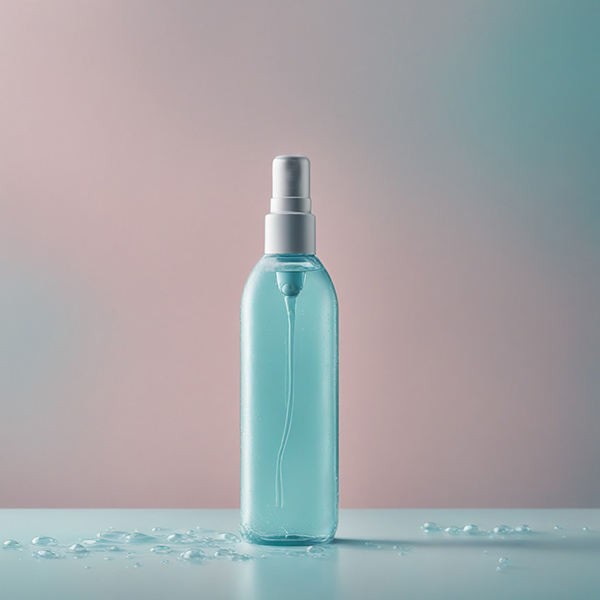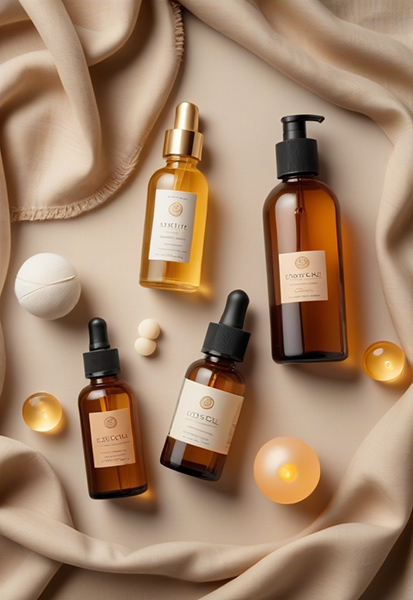Sexual Wellness & Dissatisfaction
Why Am I Not Enjoying Sex? Understanding Common Causes of Sexual Dissatisfaction
If you’re finding yourself asking, “Why am I not enjoying sex anymore?” — you’re far from alone.
Sexual dissatisfaction affects millions of people, regardless of age, gender, or relationship status. And yet, it’s rarely discussed openly. At LuvPleasure, we believe that understanding your body and emotional wellbeing is the first step toward reclaiming joy and confidence in your intimate life.
In this article, we’ll explore the most common reasons people experience sexual dissatisfaction — and offer gentle guidance to help you rediscover what feels good for you.
Understanding Sexual Dissatisfaction
Sexual dissatisfaction is the experience of feeling disconnected, unfulfilled, or frustrated with your sex life — whether you’re in a relationship or not. It can show up as:
Lack of desire or excitement
Physical discomfort during sex
Feeling emotionally distant from your partner
Difficulty reaching orgasm
A sense of “going through the motions”
These feelings are real — and valid. Let’s explore some of the reasons behind them.
1. Physical Causes: Hormones, Fatigue, and Health Conditions
Your body’s internal systems play a major role in sexual desire and satisfaction.
For Women:
Hormonal shifts (menstruation, postpartum, perimenopause, menopause)
Thyroid imbalances or anemia
Painful intercourse (often due to dryness or tension)
Side effects from medications (especially antidepressants or birth control)
For Men:
Low testosterone
Stress-related erectile challenges
Diabetes or high blood pressure
Certain medications
What to do:
Speak with a healthcare provider to rule out physical causes. A hormone panel or medication adjustment might offer clarity. If dryness or tension is present, a high-quality water-based lubricant or external massager may gently reintroduce comfort and pleasure.
💡 Supportive Products: Explore Lubricants & Body-Safe Massagers
2. Mental & Emotional Factors
Sometimes, the body is ready — but the mind is elsewhere. Mental health and emotional patterns deeply affect how we experience sex.
Common emotional contributors include:
Anxiety or depression
Body image concerns
Stress from work, parenting, or caregiving
Past negative or traumatic experiences
Even without trauma, many people carry internalized shame or unrealistic expectations about what sex “should” feel like.
What to do:
Begin by showing yourself compassion. You are not broken. Intimacy doesn’t have to look like a movie scene — it just has to feel safe and connected for you. Journaling, mindfulness, therapy, or solo exploration can help rebuild your relationship with pleasure.
💡 Try: Gentle Vibrators for Self-Discovery
3. Relationship Dynamics & Communication
If you’re partnered, your sense of emotional closeness plays a big role in physical enjoyment.
You may be experiencing:
Mismatched libidos
Lack of emotional connection
Communication gaps about needs or desires
Resentment or past arguments affecting intimacy
These issues are more common than most people admit. A strong sex life often grows from honest communication, shared curiosity, and emotional intimacy — not just physical attraction.
What to do:
Try starting with non-sexual touch and check-ins. Explore intimacy through play, laughter, or light massage. Some couples find that introducing a couples toy sparks new dialogue and closeness.
💡 Explore: Toys for Couples & Shared Connection
4. Misunderstanding What Brings You Pleasure
Many people were never taught about their own bodies — especially women. If you feel like sex is “just okay” or you’re not sure what you like, you’re not alone.
Common struggles include:
Relying only on penetrative sex
Skipping foreplay
Not using lube
Ignoring external erogenous zones
Pleasure is not one-size-fits-all. And it’s not selfish to want more — it’s human.
What to do:
Try exploring external stimulation (like clitoral massagers), adjusting pacing, or building anticipation throughout the day with intimate routines or lingerie. Let it be playful and pressure-free.
💡 Start With: Beginner’s Guide to Adult Toys
Gentle Truth: You Deserve Fulfilling Intimacy
Not enjoying sex doesn’t mean something is “wrong” with you. It means your body, mind, or heart may be asking for attention, healing, or reconnection.
Sexual satisfaction is personal — and it evolves. With time, curiosity, and support, many people rediscover new forms of connection, joy, and sensuality.
Whether it begins with a quiet moment of reflection, a first-time toy, or an open conversation with a partner, your next step is yours to choose — and it’s valid.
Final Takeaway
If you’re feeling disconnected from pleasure or wondering why sex isn’t enjoyable anymore, you are not alone, and you are not broken. Your experience matters.
At LuvPleasure, we’re here to support your journey with stigma-free resources, elegant tools, and a community that celebrates healing, discovery, and self-love.
Begin gently — browse our Wellness & Intimacy Tools
⚠️ A Note from LuvPleasure
At LuvPleasure, our goal is to support your journey toward greater intimacy, confidence, and self-understanding. While we do our best to provide accurate, thoughtful, and well-researched information, please note that we are not medical professionals, and our content is not intended to replace professional medical advice, diagnosis, or treatment.
If you’re experiencing persistent discomfort, an emotional distress, or have specific health concerns, we encourage you to speak with a qualified healthcare provider or licensed therapist. Your wellbeing is important, and the right guidance can make a meaningful difference.












